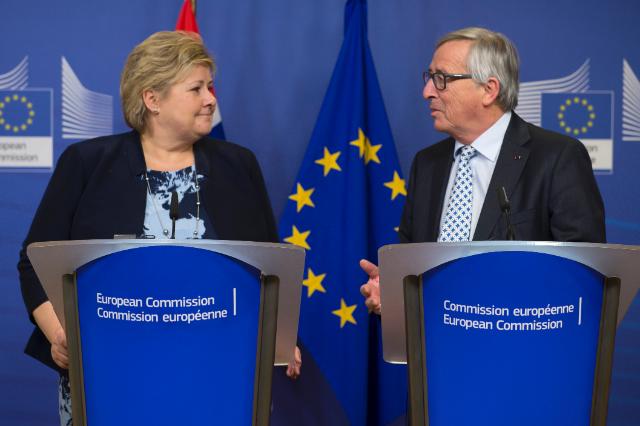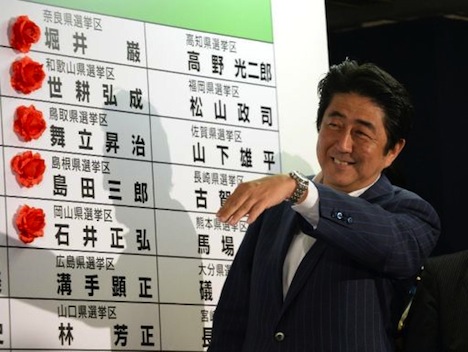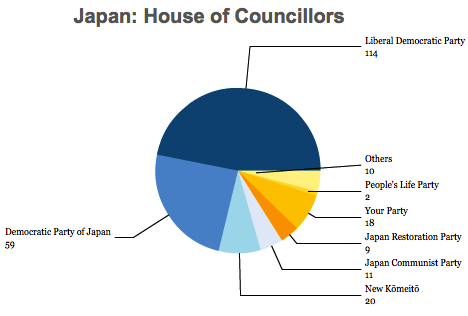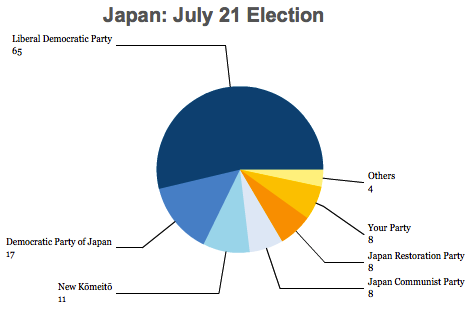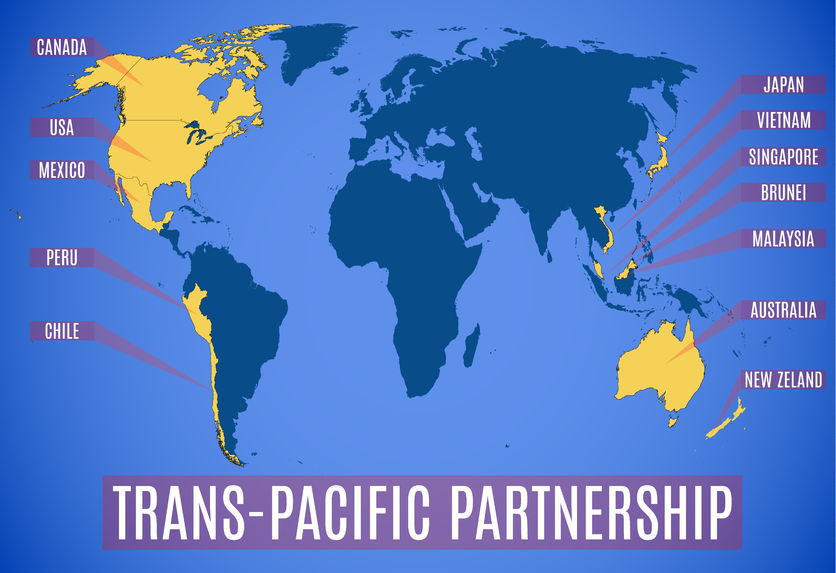
Keeping a promise from his 2016 campaign, US president Donald Trump formally pulled the United States out of the Trans-Pacific Partnership today, a 12-nation trade and investment agreement in the works for nearly a decade.![]()
![]()
Though the move will win plaudits from both the populist right and the anti-trade left (including Vermont senator Bernie Sanders, the former Democratic presidential candidate) Trump’s move is the first major unforced foreign policy error of the Trump administration. TPP opposition brings together an ascendant protectionist coalition that includes many of Trump’s populist supporters, but also many rust-belt and leftist Democrats and many organized labor officials.
In junking the US role in the TPP, a death knell for the trade accord, Trump has now cleared the way for the People’s Republic of China to set the baseline for trade rules across the Asia-Pacific region, negating hopes from the previous Obama administration to ‘pivot’ the country’s strategic and economic orientation toward the fast-growing region and backtracking on a decades-long bipartisan consensus that the United States takes an open and, indeed, leading approach to the ideal of free trade.
* * * * *
RELATED: One reason for Americans to support TPP?
Absolving US sins in Vietnam
* * * * *
Though the general terms of global trade will continue to be governed by the World Trade Organization, regional trade deals allow for countries to deepen trade ties in ways that go beyond the standard WTO rules and to develop strategic alliances.
Trump railed against the TPP from the earliest months of his presidential campaign, arguing that it gave China an unfair advantage:
The TPP is horrible deal. It’s a deal that was designed for China to come in, as they always do, through the back door and totally take advantage of everyone.
But China was never a signatory to the TPP and, indeed, was never party to the 12-country talks that also included stalwart US allies like Australia, New Zealand, Canada and Japan. The US national interest in negotiating and signing an agreement like the TPP would have been to create a trade paradigm in the region that seeks to help US interests in contrast to Chinese interests and, of course, to draw both traditional allies and new allies closer to the United States economically and strategically.
If anything, the TPP provided a framework to protect the United States from Chinese competition. To the extent that American manufacturing jobs have suffered as a result of international trade, and from trade with China, in particular, it has come from the decision in 2000 by a Republican Congress and Democratic president Bill Clinton to grant permanent normal trade relations to China (which had previously been subject to an annual congressional vote) and in 2001 to admit China to the WTO, lessening the ability of the United States to deploy protective tariffs against China.
